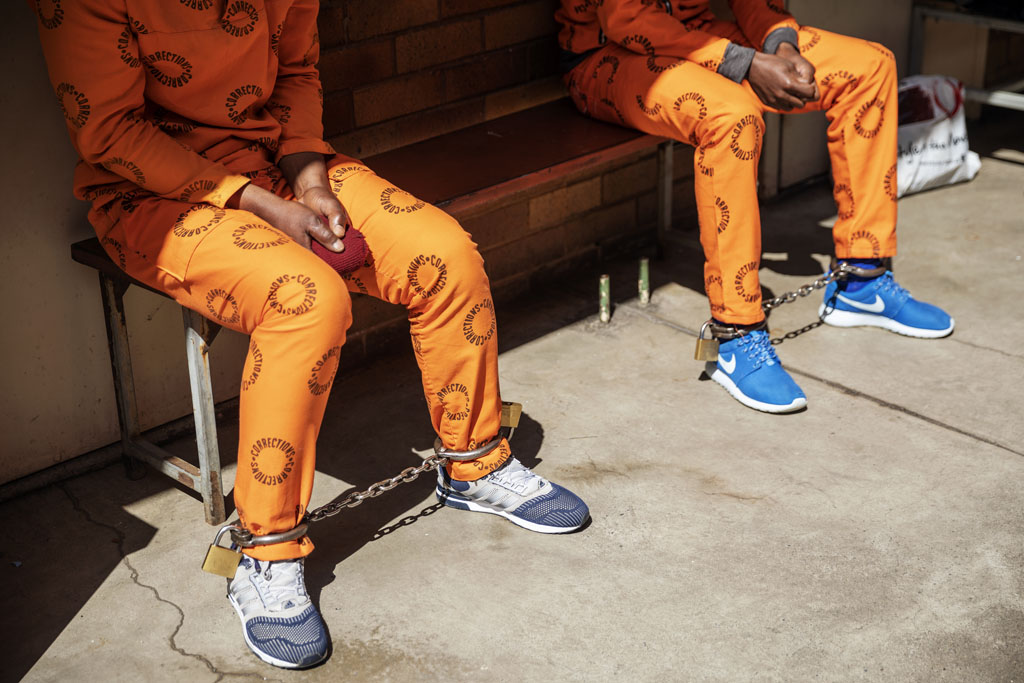Ramaphosa authorised almost 19,000 out of 155,000 inmates to be released from the country’s correctional services facilities on Friday.

The Democratic Alliance (DA) raised their concerns after President Cyril Ramaphosa decided to authorise the parole of thousands of selected categories of sentenced offenders in order to reduce overcrowding in prisons to fight the Covid-19.
Ramaphosa authorised almost 19,000 out of 155,000 inmates could be released from the country’s correctional services facilities.
In a statement, DA MP Glynnis Breytenbach said while South Africa’s overcrowded prisons created unique challenges for the department of correctional services in the fight against Covid-19, the party believes that the government had not adequately explored all of its options.
“In this regard, this release of prisoners may lead to a greater humanitarian crisis than that which it is attempting to avoid. Many of the prisoners who stand to be released do not have families or homes to return to.
“Those who do, may well return to a home where there is already little or no food. Finding employment, difficult enough under the best of circumstances for those with a criminal record, will be impossible in the current economy,” she said.
ALSO READ: Children at higher risk online during lockdown – UNICEF.
Breytenbach said the factors mentioned would increase the possibility of “re-offending”, while contributing to the country’s high recidivism rate.
She further said these factors also adds a high social burden on already struggling families and communities.
“Government could and should have explored alternative means of reducing overpopulation in prisons, such as converting unused department of public works and infrastructure properties into low-security correctional facilities for petty offenders and those nearing the end of their sentences.
“The unsanitary and unsafe conditions in our prisons are not recent, nor or are they the result of the virus. These conditions are the results of 26 years of neglect and failure to upgrade prisons in line with the increasing inmate population,” the MP said.
She added that early release should only be considered if there was a social worker’s report that indicates that the offender had shelter to return to, with financial burden on relatives, and was at low risk of “re-offending”, with proper processes in place to allow community corrections to deal with a deluge of parolees.
“They are certainly not in a position to do so at such short notice, unable as they are to deal with their current workload.
“The placement on parole of prisoners to relieve overcrowding may be a model that has worked well in developed countries, but it cannot simply be transposed into the South African context without question. In doing so, government has shown little regard for the safety of the citizens, and contributes to an already looming humanitarian crisis,” she concluded.
The parole system had been under scrutiny after the murder of eight-year-old Tazne van Wyk in March, allegedly at the hands of parolee Moyhdian Pangarker, whose criminal record dates back to the 1980s.
Tazne had been missing for almost two weeks after last being seen walking to the tuck shop across the road from her home in Connaught Estate on 7 February.
(Compiled by Molefe Seeletsa)
For more news your way, download The Citizen’s app for iOS and Android.






